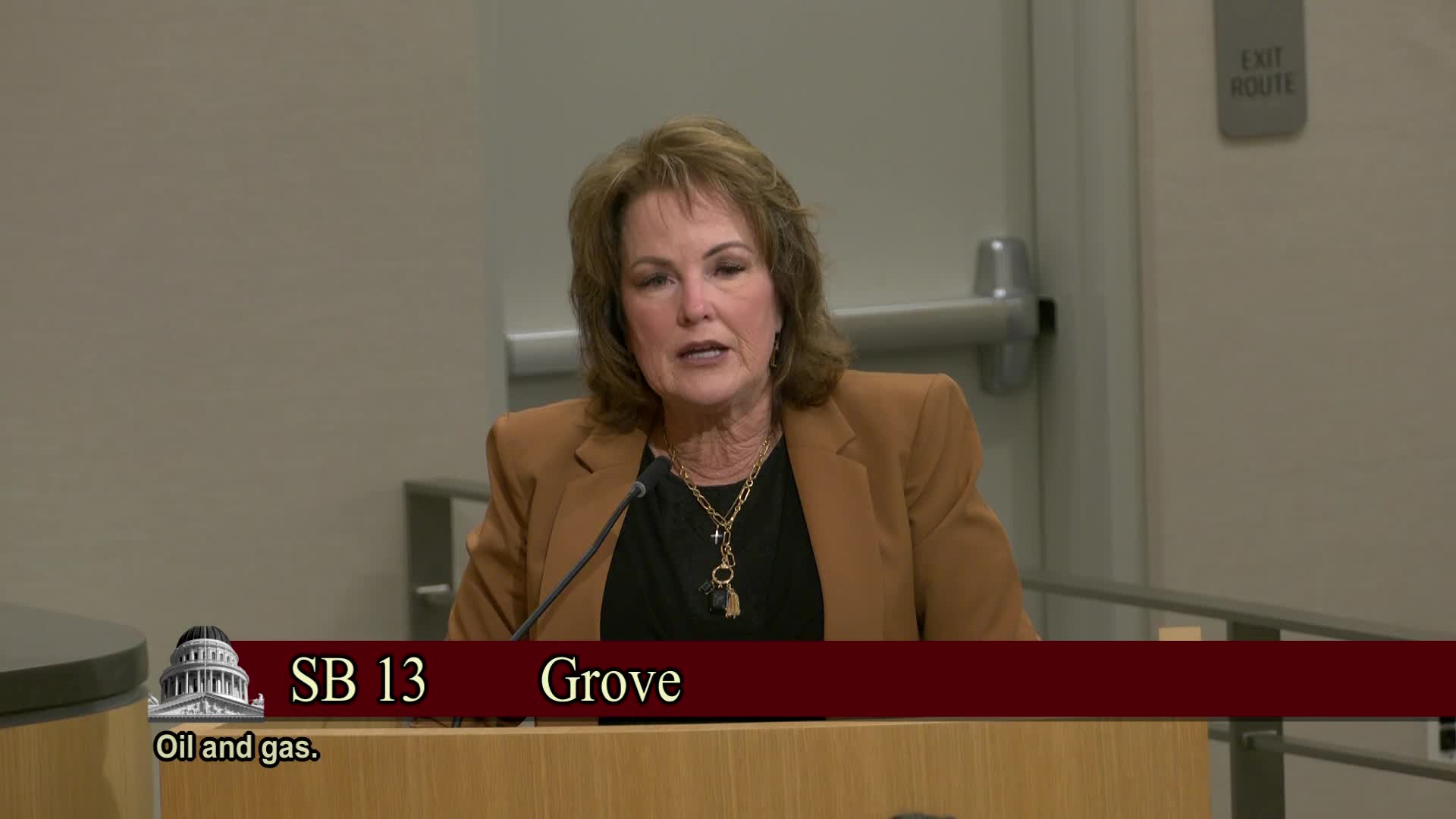Article not found
This article is no longer available. But don't worry—we've gathered other articles that discuss the same topic.
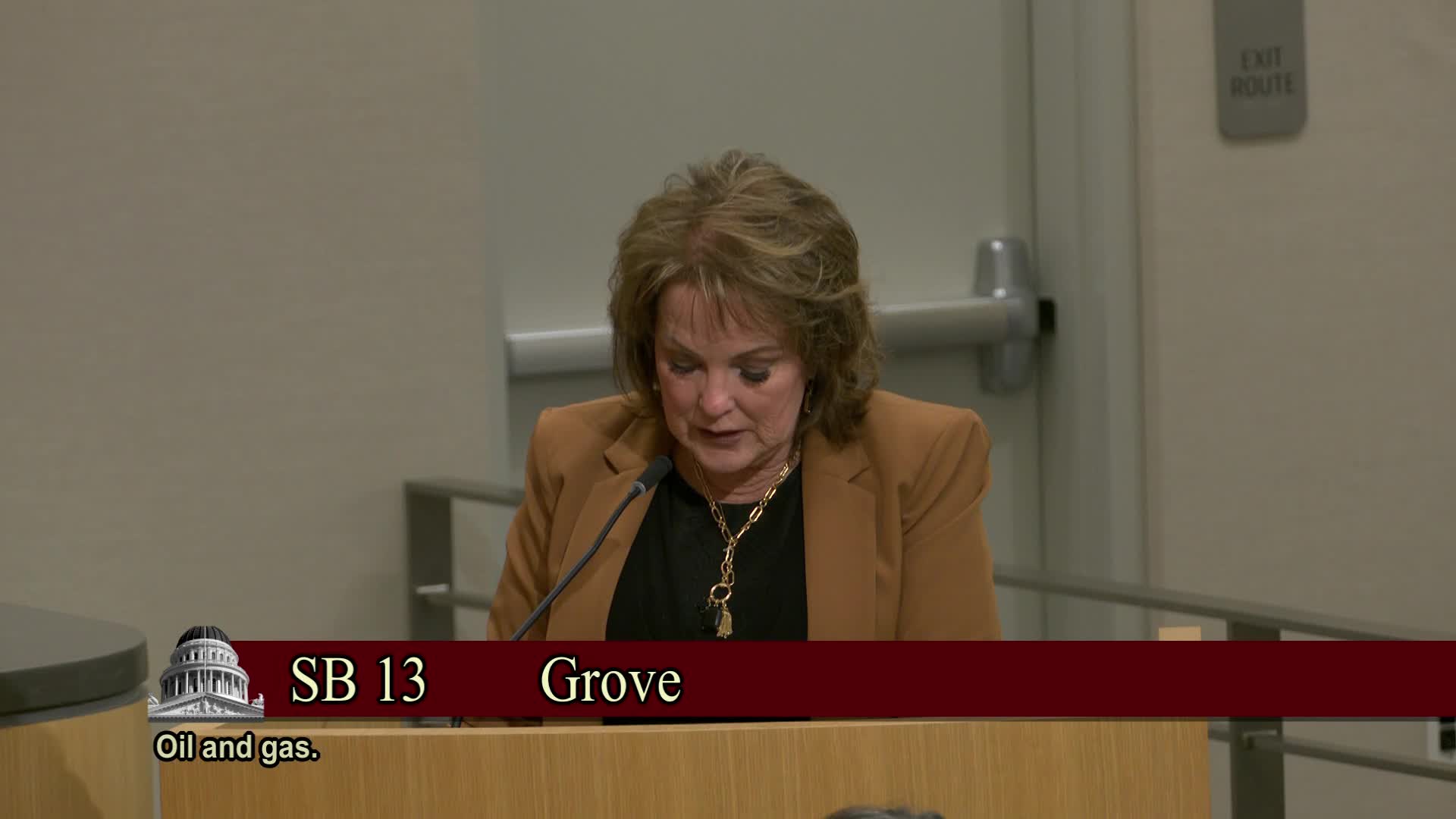
Senator presses bill to bar imports from countries with human‑rights or environmental abuses, seeks end‑to‑end emissions accounting
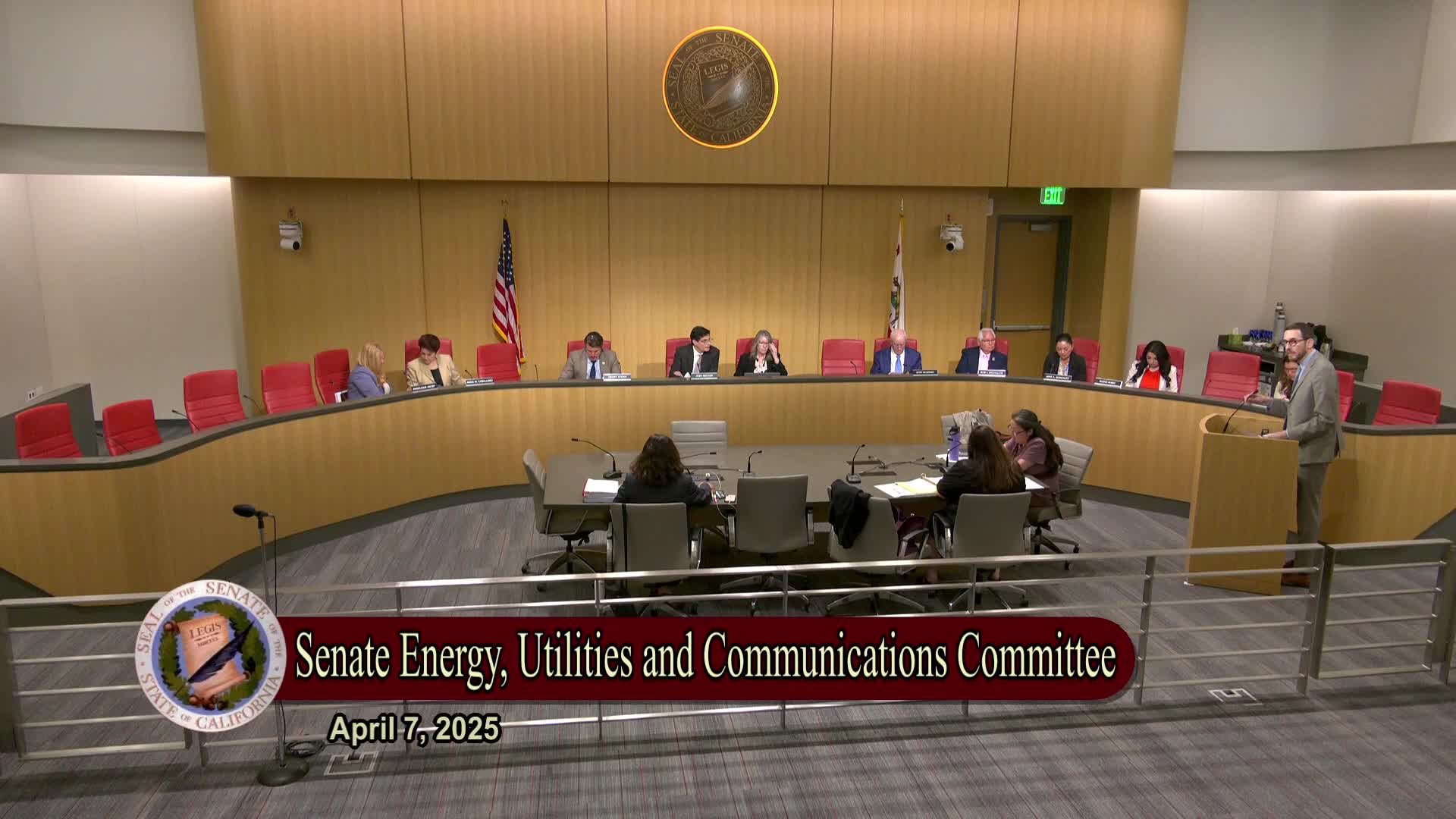
Committee backs bill to streamline permitting for heat pumps to speed installations
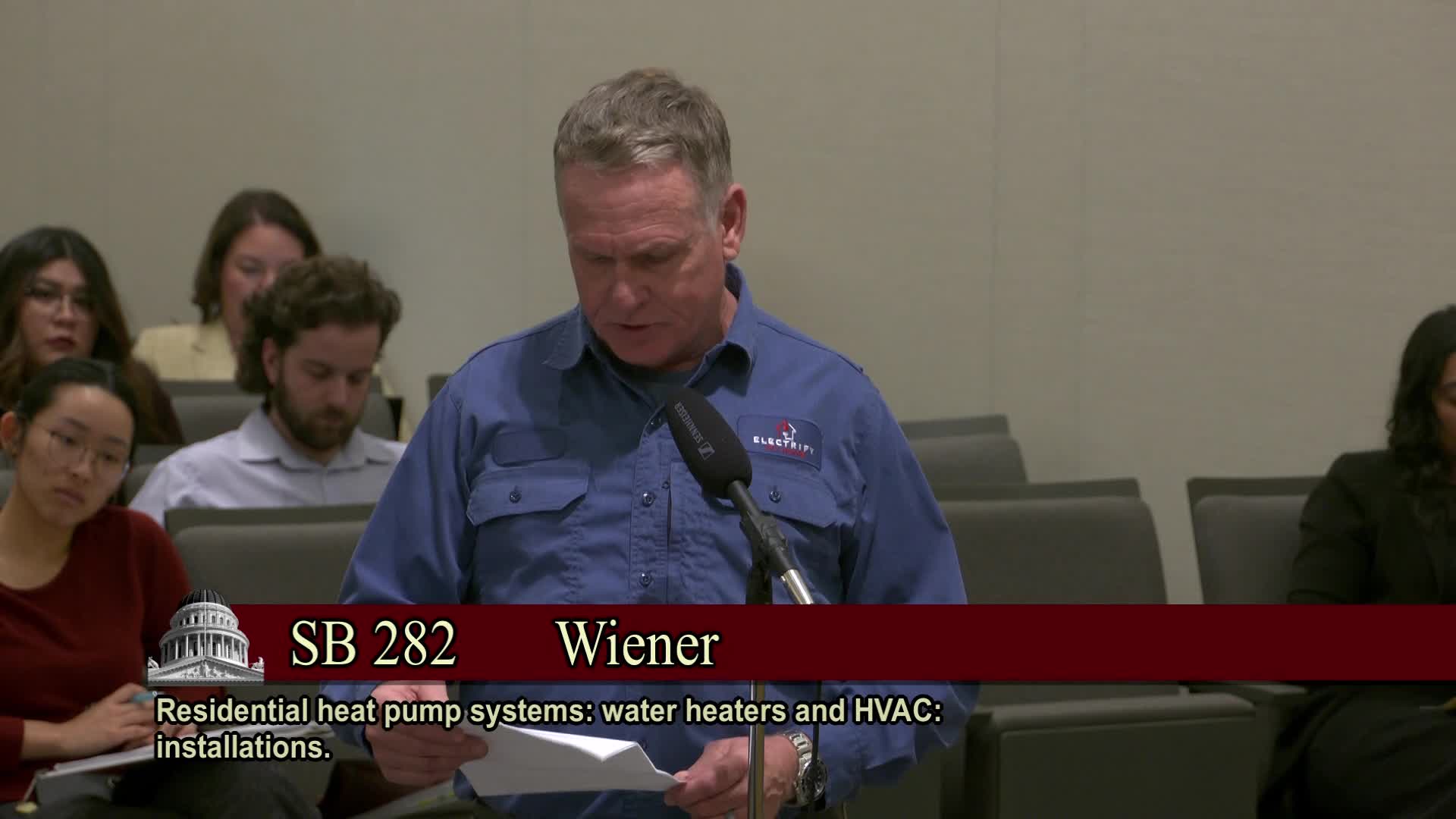
Senate committee advances bill to allow three-month utility payment deferments for customers facing sudden hardship
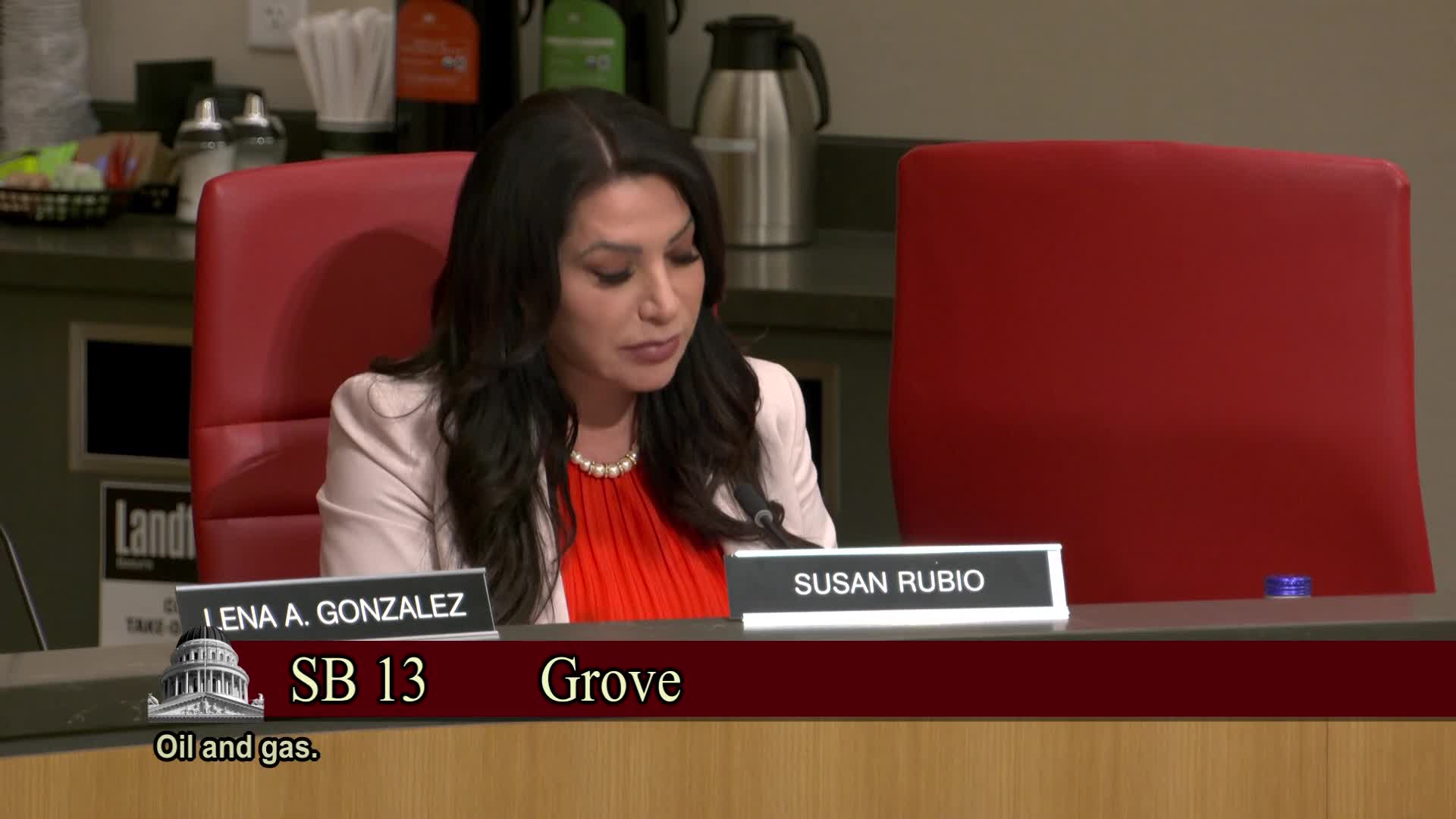
Senators advance bill to shield ratepayers from costs tied to large data‑center grid upgrades
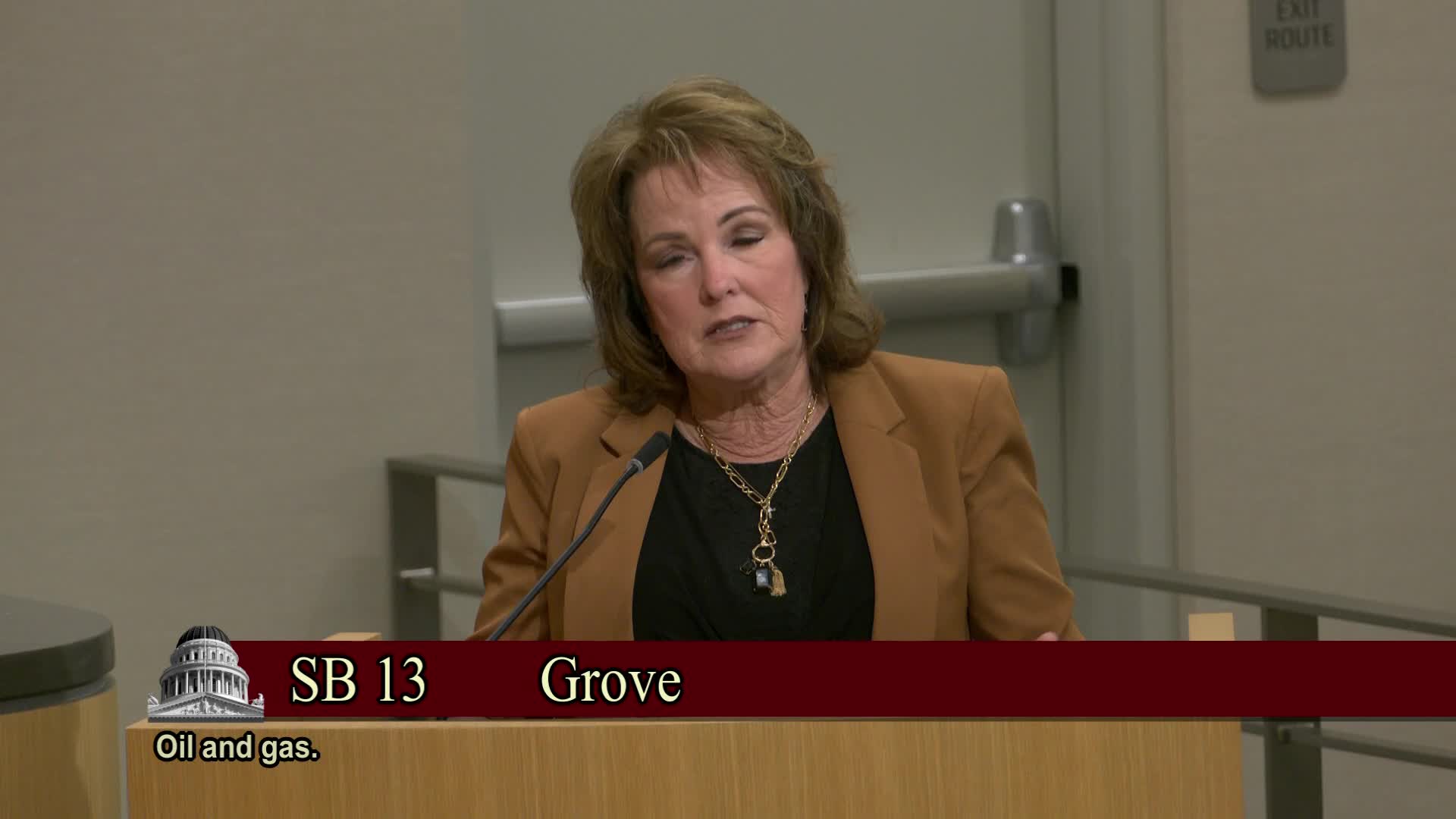
Committee reauthorizes state equipment list for solar and storage certification to maintain standards
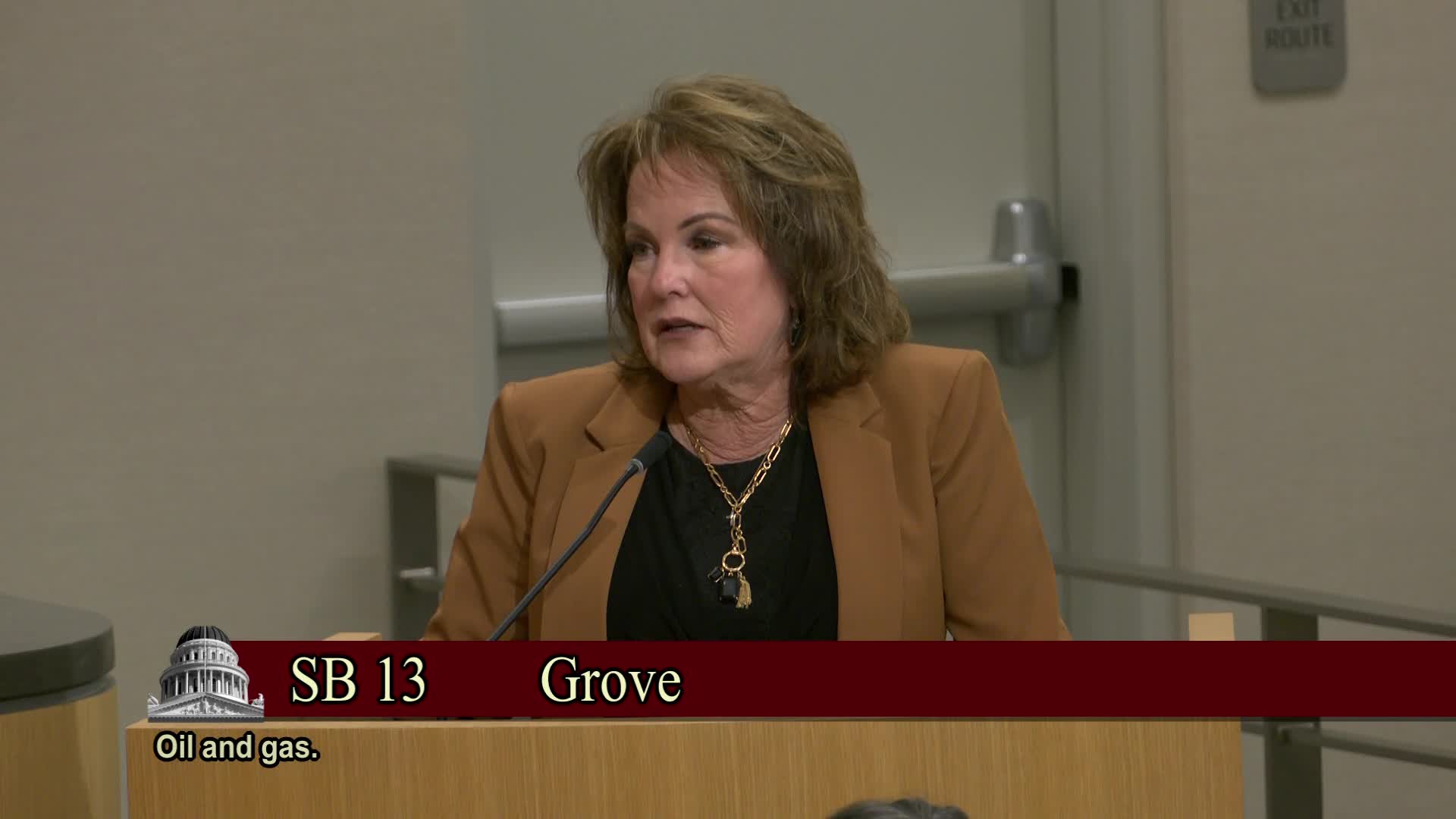
Senate committee backs planning bill to prepare California ports for clean alternative marine fuels
